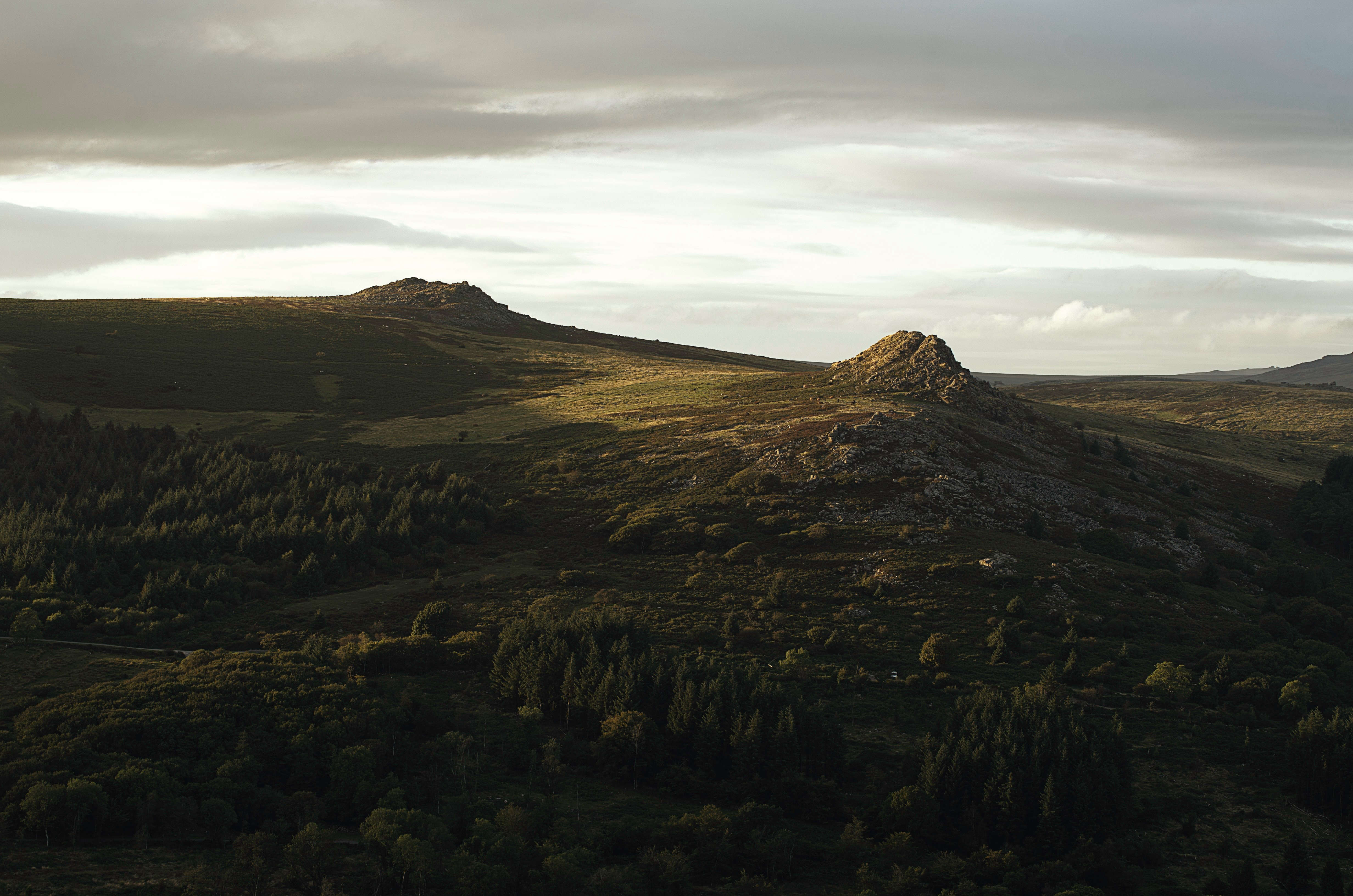
Trail on Dartmoor proves to be a success
Rangers working on Dartmoor are to carry on using body-worn video cameras in response to anti-social and hostile behaviour by some visitors.
One ranger was able to use footage from a miniature camera to prove that he hadn’t knocked down a member of the public with his Land Rover.
A two-year trial of the cameras which began in February 2022 has been a success, and rangers say they feel safer as a result.
Now members of the Dartmoor National Park Authority (DNPA) are poised to give the go-ahead for the cameras to stay in use.
When they were first introduced, rangers said it was because some had been verbally abused, ‘flashed’ at, threatened with a mallet and chased. While incidents are rare, DNPA members said even one is unacceptable.
The pilot was set up to see if using cameras would help address incidents of abuse as well as helping rangers to enforce the law on the moor.
Members of the team always wear them when patrolling the Spitchwick, Bellever, Cadover and Roborough Down areas, and have cameras charged up in their vehicles in other locations in case they are needed.
The cameras have been activated seven times during the pilot – three times dealing with groups of people in the Dart Valley; twice to gather evidence of trials bikes using the moor, once at a rave and once for the Land Rover incident.
That happened at Buckland Bridge near Holne Chase when a member of the public accused the ranger of knocking them over. Camera footage showed that the ranger had not made contact with the person.
A report to the authority says: “Overall the team feel safer having them available and support their continued use. The presence of body-worn cameras has not met with any notable objections from the public or had any noticeable negative impact on conversations.
“The presence of a camera during the confrontation at Buckland Bridge shows how well it can protect the team from false allegations.”
Since the pilot scheme began, the park authority has been approached by other national parks and wildlife organisations interested in using the same technology.
The eleven cameras cost £369 each, and each one needs software which costs £180 a year. The total cost for the two-year pilot period was just over £8,000
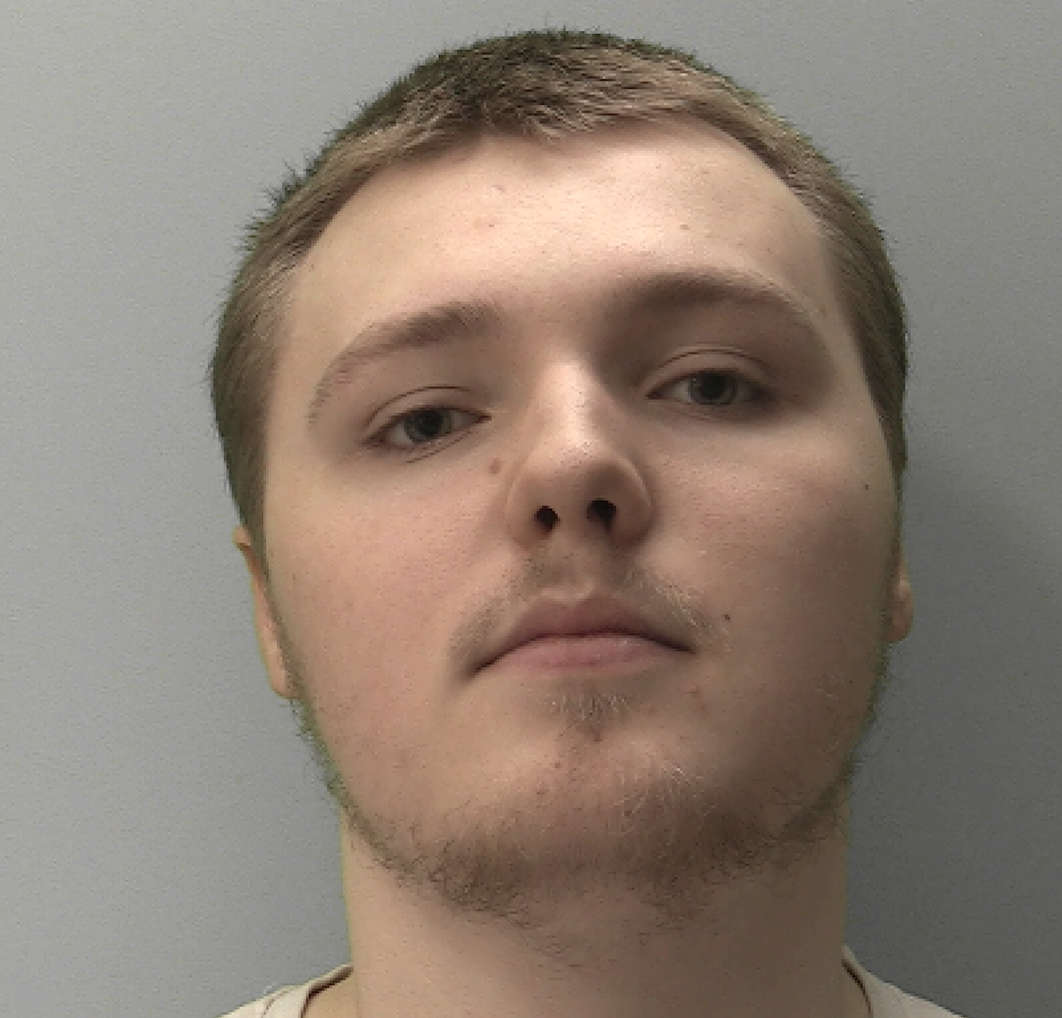 Honiton man jailed for terrorism-related crimes
Honiton man jailed for terrorism-related crimes
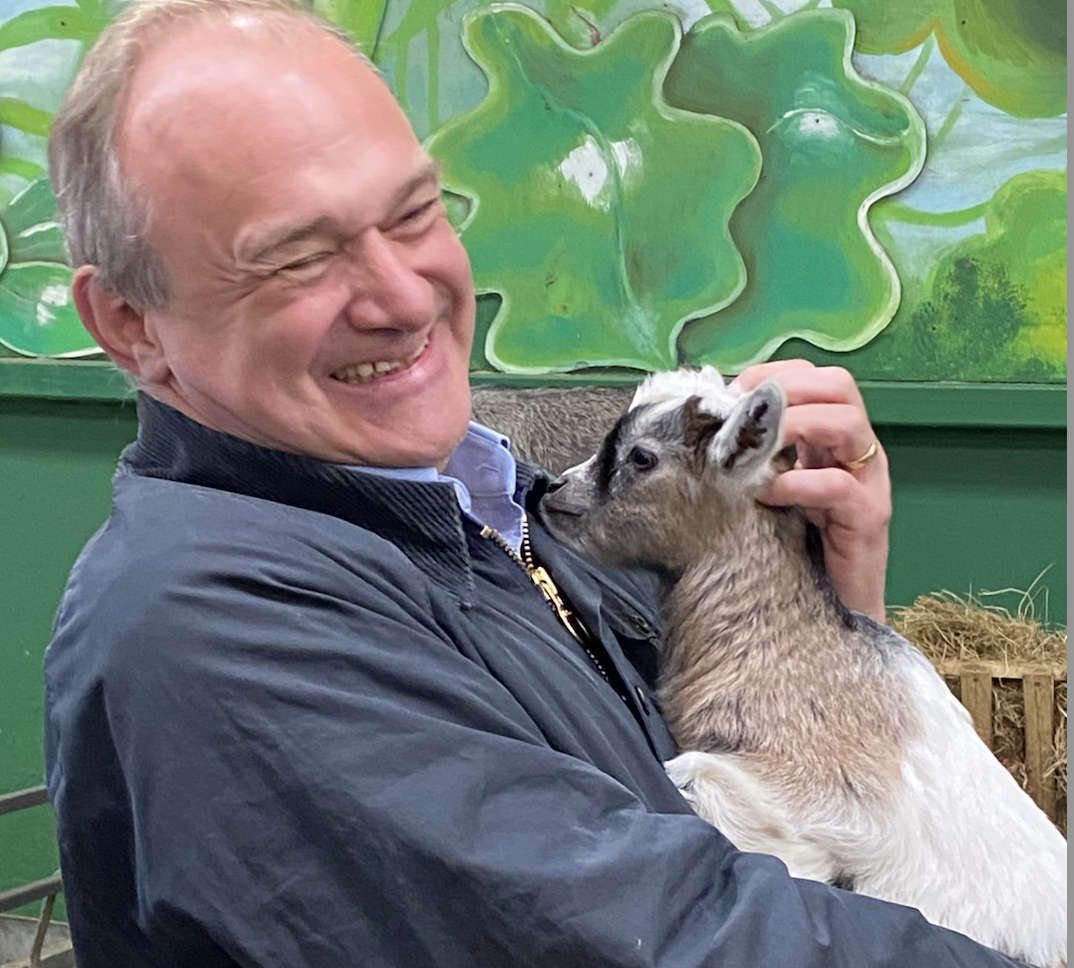 Lib Dems "have mountain to climb" in Devon, says its leader
Lib Dems "have mountain to climb" in Devon, says its leader
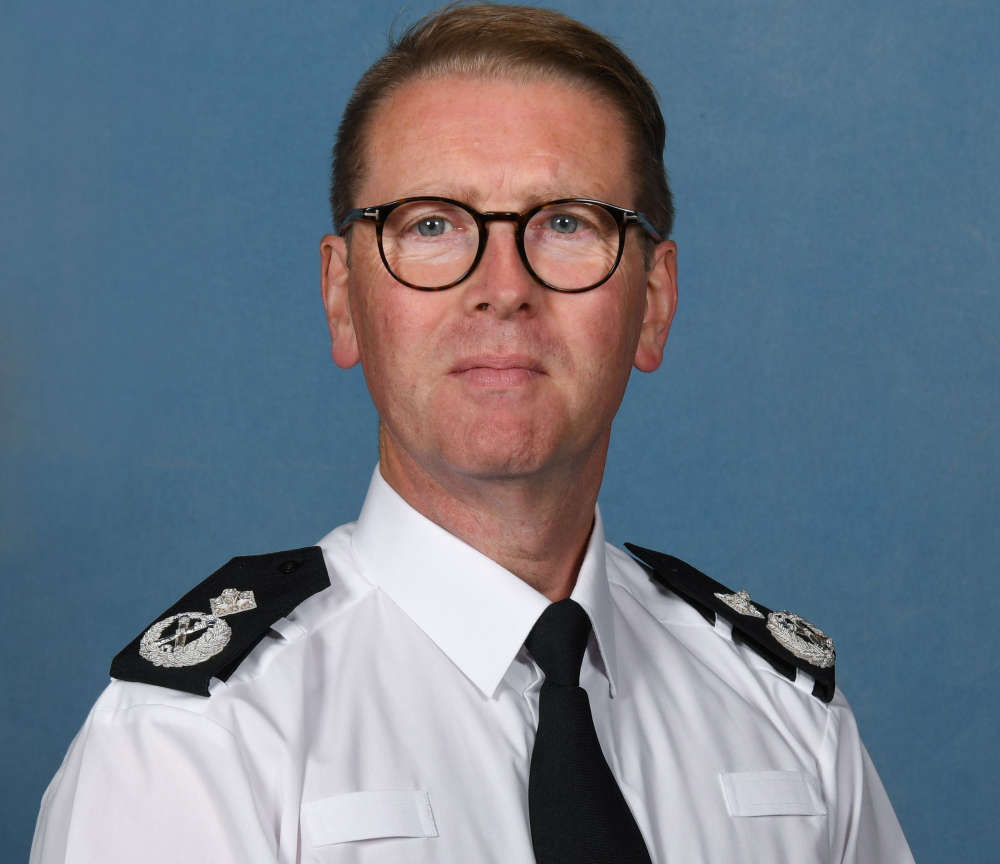 Chief constable won't be prosecuted
Chief constable won't be prosecuted
 Exeter to lobby Post Office over city centre branch future
Exeter to lobby Post Office over city centre branch future
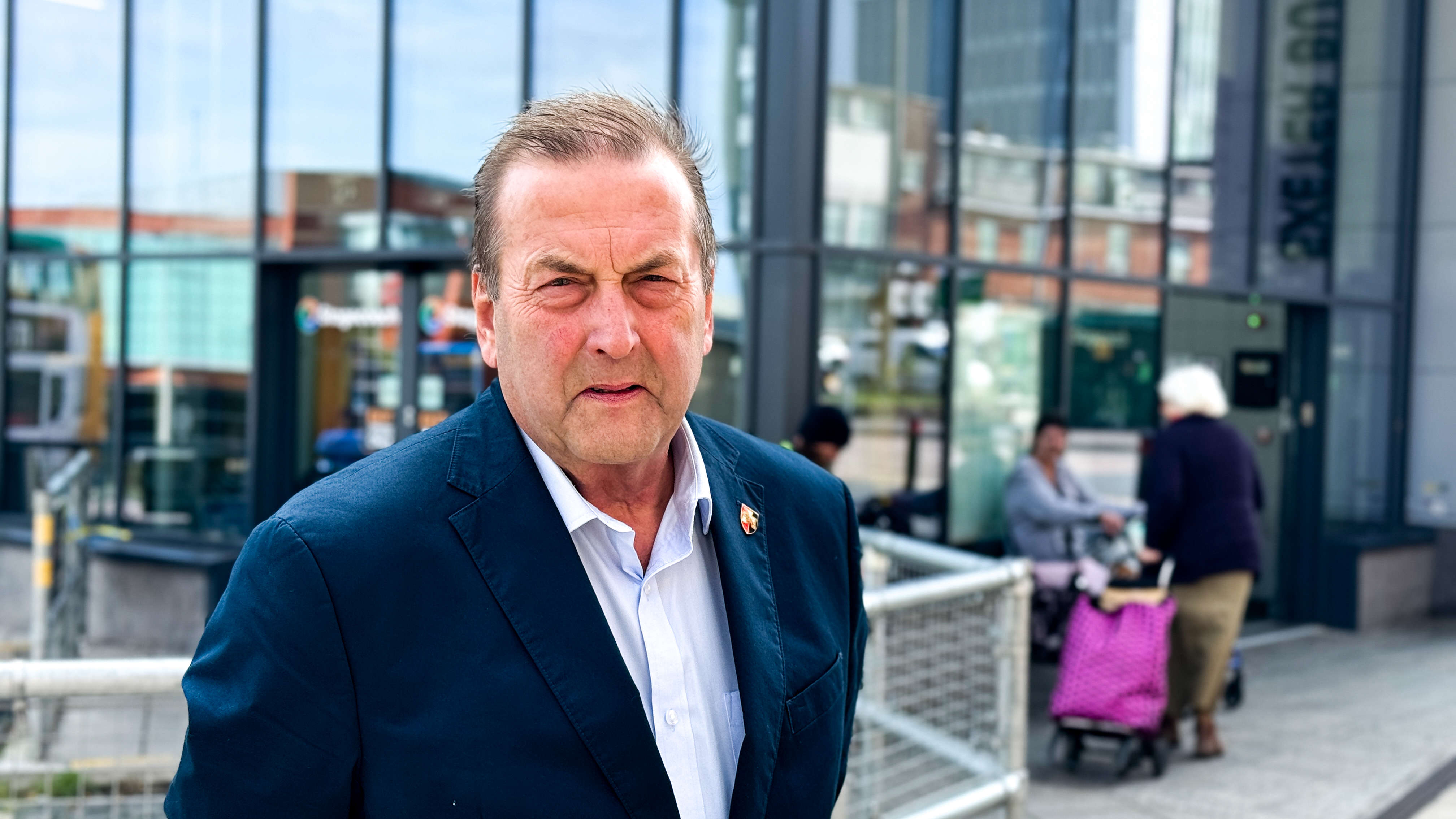 Pop-up market proposal for Exeter city centre
Pop-up market proposal for Exeter city centre
